Does artificial intelligence protect the privacy of content creators?
Artificial intelligence and creator privacy
"Artificial Intelligence and the Intellectual Property Maze: Challenges and Opportunities" delves into the transformative intersection of AI and intellectual property (IP) rights. As AI continues to reshape technology and innovation landscapes, its implications for IP protection become increasingly intricate.
The article navigates through the evolution of AI and its profound impact on the IP landscape. From AI-powered chatbots like ChatGPT demonstrating remarkable text generation capabilities to its integration into various business domains, the narrative underscores the dual role of AI as both an engine of innovation and a catalyst for IP-related concerns.
Amid AI's rapid advancement, the regulatory framework struggles to keep pace. While visionary voices like Elon Musk advocate for responsible AI development, legislative efforts such as the European Commission's proposed Artificial Intelligence Act aim to establish guidelines ensuring transparency and user safety. Similarly, China is formulating measures to balance AI innovation with social order and IP considerations.
Central to the discussion are the key issues of authorship, ownership, and infringement surrounding AI-generated content. Questions loom over the eligibility of AI-created works for patent or copyright protection, with different jurisdictions adopting varied approaches. The ambiguity extends to liability for potential copyright infringement by AI, posing complex legal challenges yet to be fully resolved.
In light of these complexities, the article offers pragmatic strategies for brands to navigate the AI-driven IP landscape. Recommendations include conducting comprehensive IP assessments, fortifying copyright protection measures, exploring patenting avenues with specialist guidance, and establishing clear IP policies within organizations.
Furthermore, the article explores the role of AI itself in bolstering IP protection efforts. AI technologies can aid in monitoring IP assets and detecting potential infringements, complementing human expertise in safeguarding intellectual property.
In essence, "Artificial Intelligence and the Intellectual Property Maze: Challenges and Opportunities" serves as a guide through the intricate terrain where AI innovation intersects with the complexities of IP protection, offering insights and strategies for navigating this evolving landscape.

Artificial Intelligence and the Intellectual Property Maze: Challenges and Opportunities:
AI is revolutionizing how we interact with technology, and its impact extends to intellectual property (IP) protection. This article explores the complex relationship between AI and IP, examining the challenges and opportunities it presents.
AI's Rise and the Evolving IP Landscape:
AI advancements are happening at an unprecedented pace, influencing various aspects of IP protection. AI chatbots like ChatGPT showcase the ability to generate human-quality text, highlighting AI's potential in creative fields. As AI becomes more integrated into business processes, concerns regarding IP rights and regulations are also growing.
While AI fosters innovation, rapid development outpaces existing regulations. Calls for responsible AI development, like those from Elon Musk, emphasize the need for ethical considerations and proper oversight. The European Commission's proposed Artificial Intelligence Act aims to promote transparency and user safety by classifying AI applications based on risk levels. Similarly, China is drafting measures to manage generative AI services, balancing development with social order and IP considerations.
However, keeping legislation relevant requires constant updates. Overly strict regulations might stifle innovation, while a lack of regulations could lead to unforeseen consequences.
Key Issues: Authorship, Ownership, and Infringement:
A critical debate surrounds AI-generated work and its eligibility for patents or copyrights similar to human creations. The European Commission's act remains silent on IP implications, leaving rightsholders uncertain about their protection. The UK is exploring copyright protection for computer-generated works, while China grants protection in cases with significant human involvement in the creative process.
The very nature of AI-generated content raises concerns about authorship, ownership, and potential copyright infringement. AI output depends heavily on user input and vast datasets, often harvested from the internet. This raises the possibility of AI-generated content replicating elements of existing works, leading to potential copyright infringement claims against creators or AI systems.
The legal ramifications of such situations are unclear. The onus might fall on AI tool developers to demonstrate safeguards against infringement. Developers may need to establish clear data use agreements with artists, image libraries, and database owners. Users, particularly those in commercial contexts, should also verify their generated content for potential IP infringement before use.
Protecting Your Brand in the Age of AI:
With IP laws struggling to keep pace with AI advancements, brands need to be proactive in safeguarding their intellectual property. Here are some key strategies:
- IP Assessment:Conduct a comprehensive audit to identify valuable but unprotected assets. Analyze potential third-party infringement risks with professional guidance. This clarifies your IP rights and those of others.
- Copyright Protection: Implement robust copyright protection strategies to provide evidence of ownership in case of disputes. Consider global protection across your operational territories. Blockchain technology can offer immutable evidence of ownership in regions with inadequate recordal systems.
- Patenting: Patenting AI solutions is complex. Consult with IP specialists to determine patentable aspects of your innovations and navigate the application process.
- Develop an IP Policy:Establish clear policies outlining expectations for IP use and protection within your organization. This ensures employees, partners, and third parties understand their IP-related responsibilities.
AI can also be a valuable tool for brands in their IP protection efforts. AI technologies can assist in tracking IP assets and identifying potential infringement, including those originating from AI platforms themselves. However, AI remains an excellent complement, not a replacement, for human expertise in IP protection.
Question & Answer:
1. Can AI-generated content be copyrighted?
The answer depends on the jurisdiction and the level of human involvement in the creative process. Some countries, like China, offer copyright protection for AI-generated works with a substantial human element.
2. Who is liable for copyright infringement by AI?
The legal responsibility for AI-generated infringement remains unclear. It's possible that developers will need to demonstrate adequate safeguards against infringement within their systems.
3. How can brands protect themselves from AI-related IP infringement?
Brands can mitigate risks through proactive measures. Conducting IP audits, implementing strong copyright protection, exploring patenting options, and developing clear IP policies are all crucial steps. Additionally, AI technologies can be leveraged to monitor IP assets and identify potential infringement.
conclusion:
Concluding, "Artificial Intelligence and the Intellectual Property Maze: Challenges and Opportunities" underscores the dynamic interplay between AI innovation and the intricate realm of intellectual property protection. As AI continues to revolutionize technology landscapes, its implications for IP rights present both challenges and opportunities for stakeholders across industries.
The article illuminates the evolving regulatory landscape, where efforts to balance innovation with ethical considerations and user safety are underway. From the European Commission's proposed Artificial Intelligence Act to China's measures aimed at managing AI innovation, regulatory frameworks are striving to adapt to the rapid pace of AI advancement.
Central to the discourse are the key issues surrounding authorship, ownership, and infringement in the realm of AI-generated content. Ambiguities persist regarding the eligibility of AI-created works for IP protection and the allocation of liability in cases of potential copyright infringement.
However, amidst these challenges lie opportunities for proactive brands to safeguard their intellectual property in the age of AI. By conducting comprehensive IP assessments, fortifying copyright protection measures, exploring patenting avenues with expert guidance, and establishing clear IP policies, organizations can navigate the complexities of the AI-driven IP landscape.
Moreover, the article highlights the role of AI technologies themselves in bolstering IP protection efforts. AI-powered tools can assist in monitoring IP assets, detecting potential infringements, and complementing human expertise in safeguarding intellectual property.
In essence, "Artificial Intelligence and the Intellectual Property Maze: Challenges and Opportunities" serves as a navigational beacon in the ever-evolving terrain where AI innovation intersects with the complexities of IP protection. By understanding the challenges, leveraging the opportunities, and embracing proactive strategies, stakeholders can navigate this dynamic landscape with resilience and foresight.



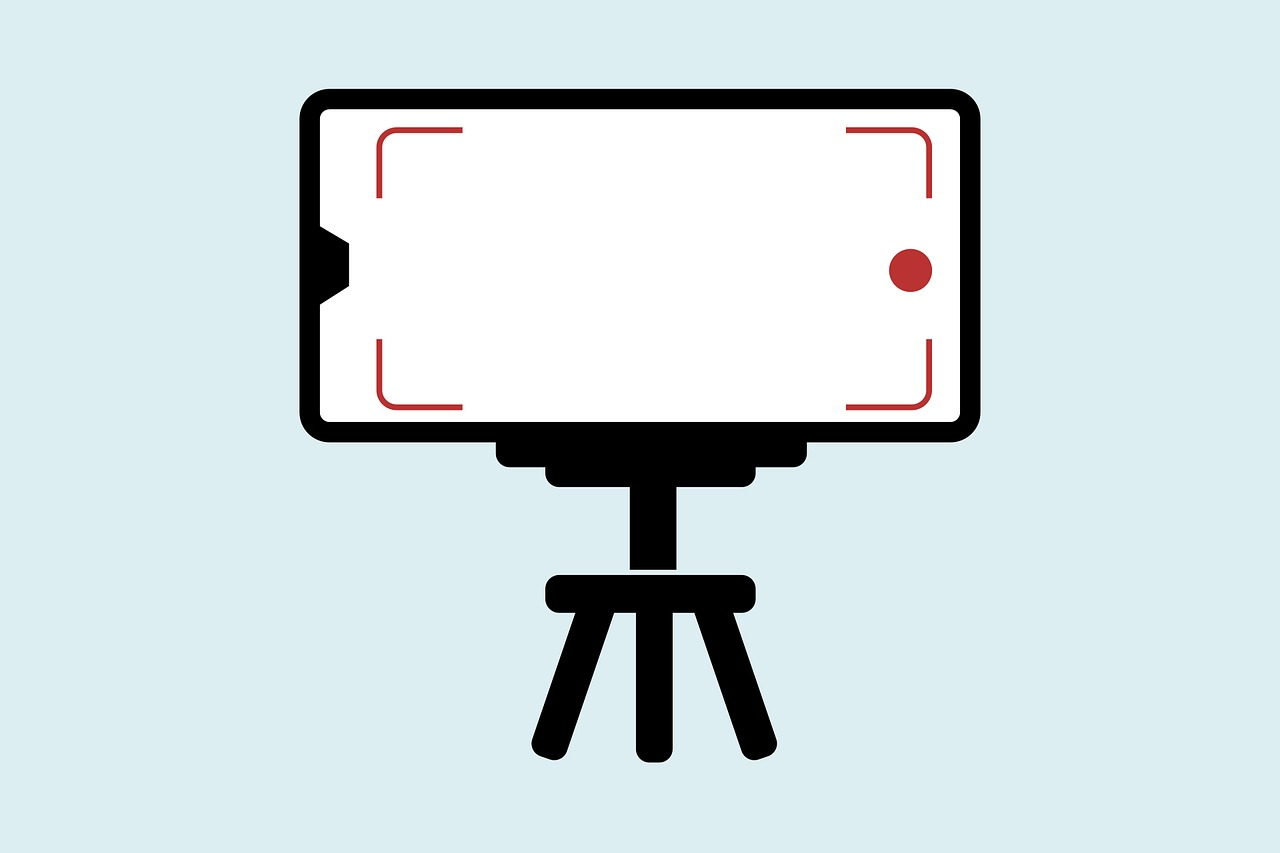
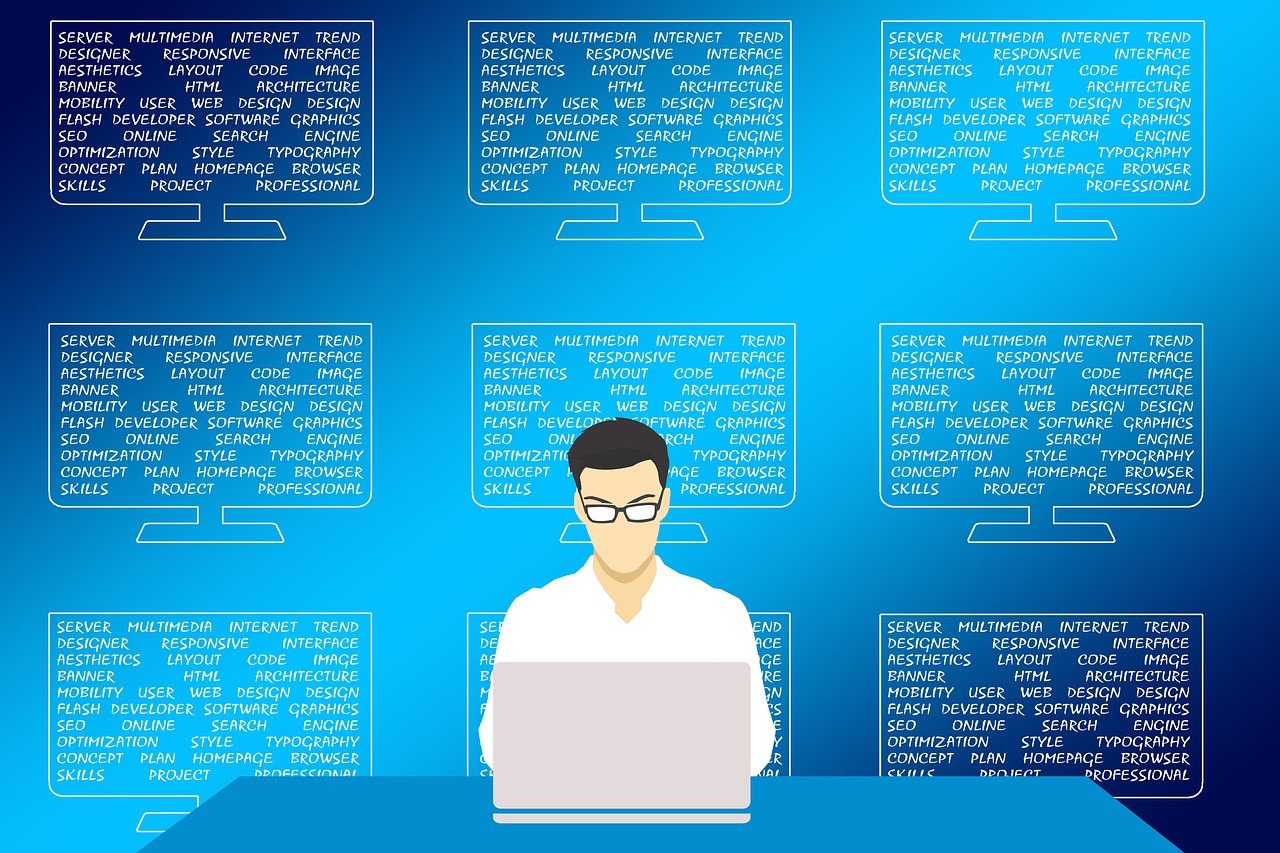
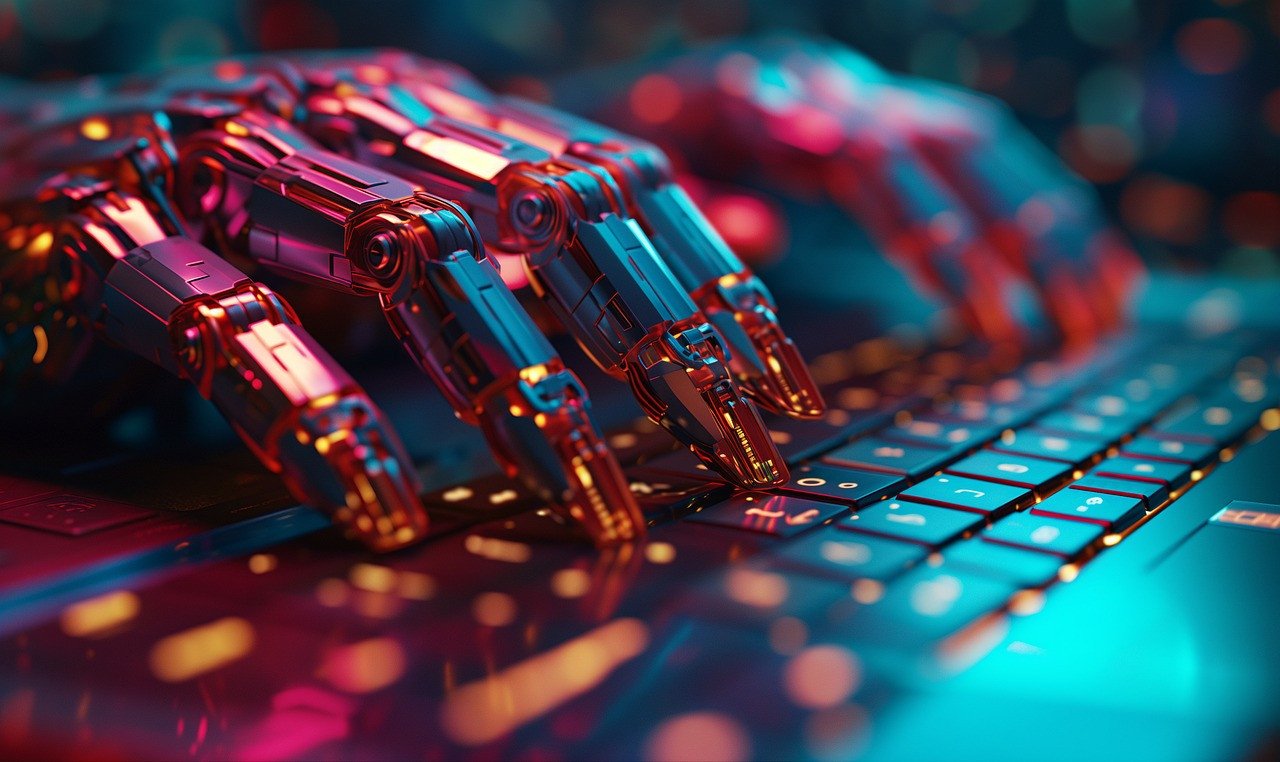

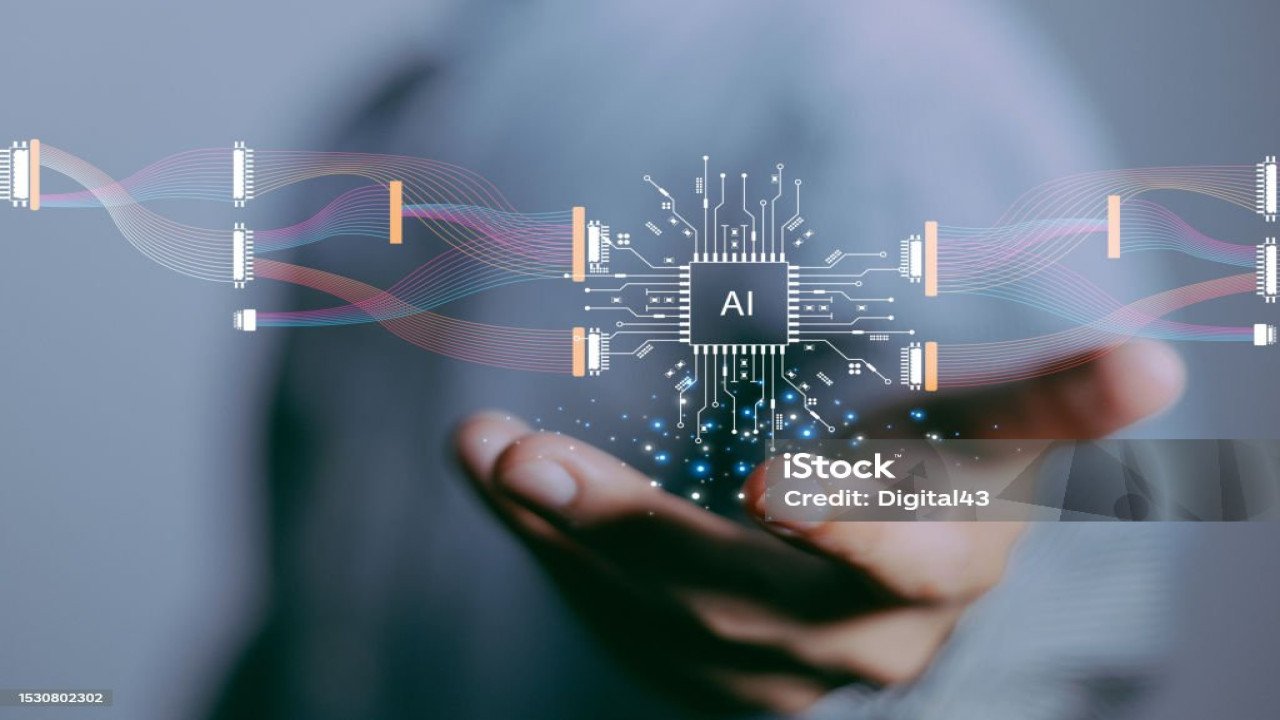
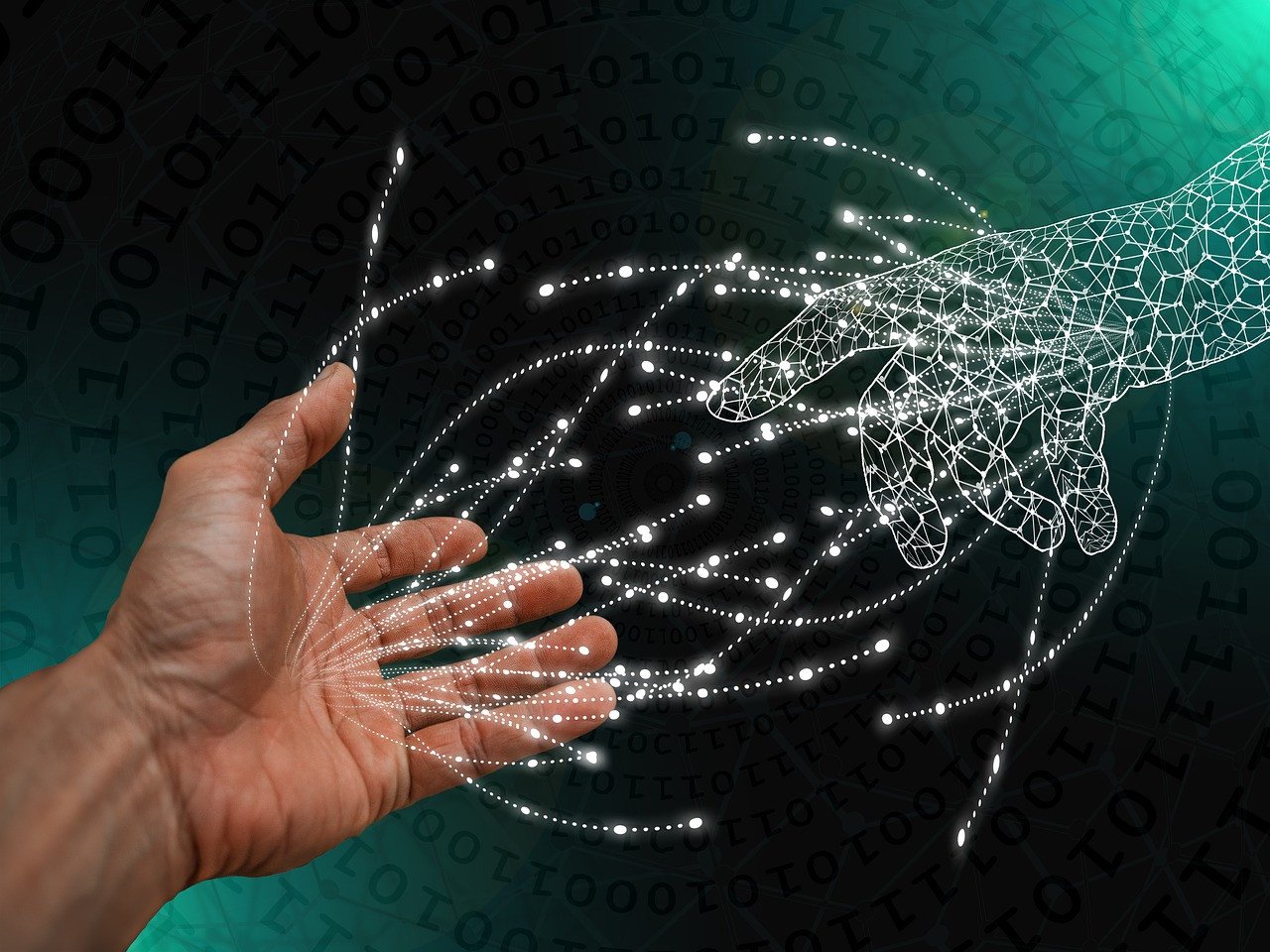
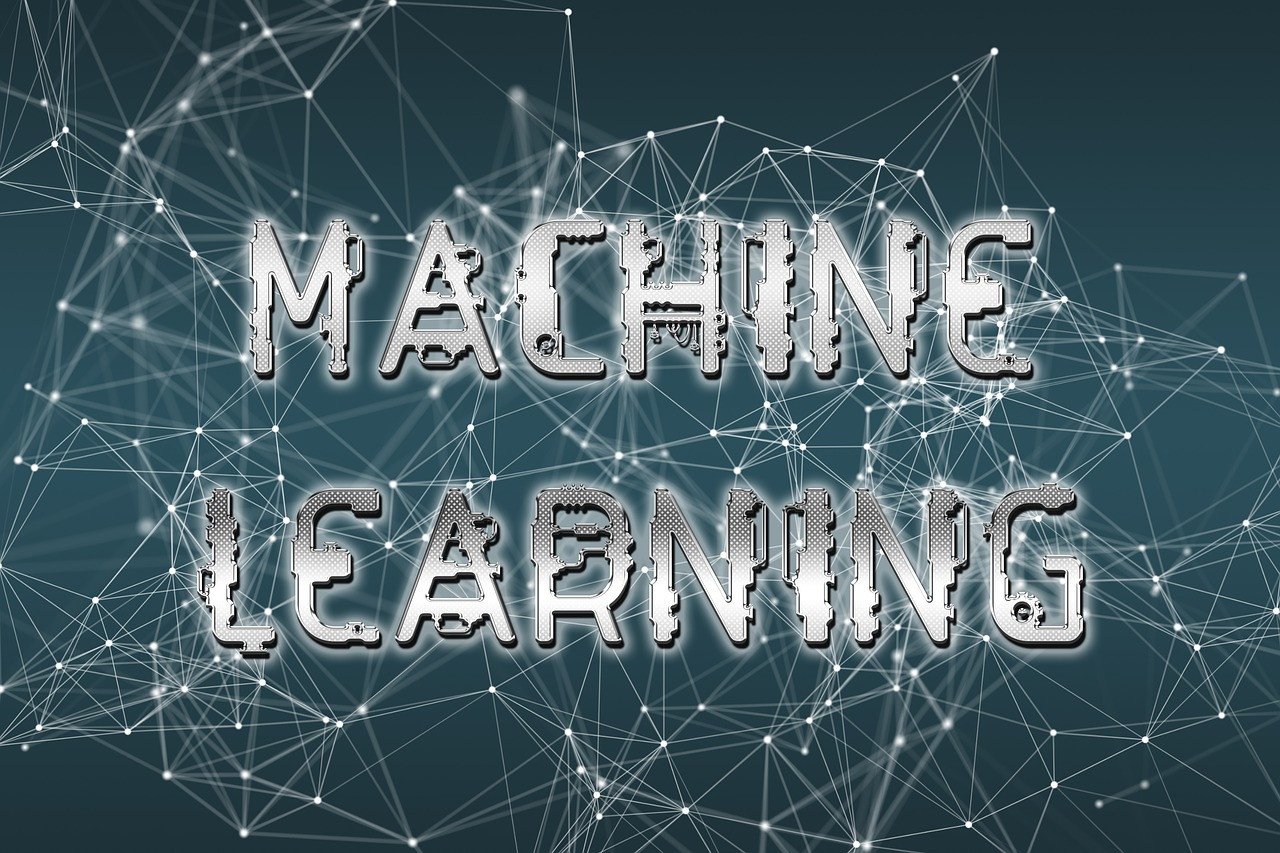
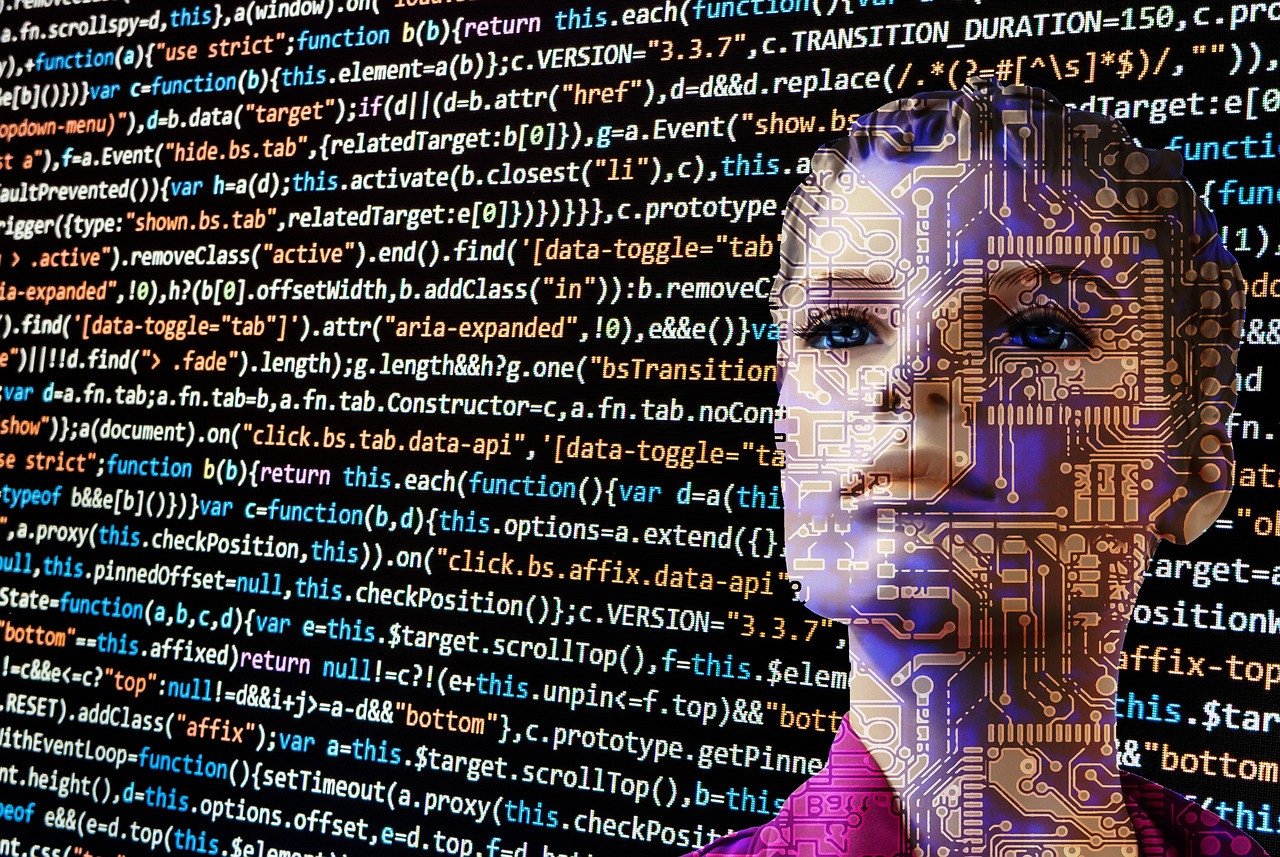
Comments (0)
No comments found